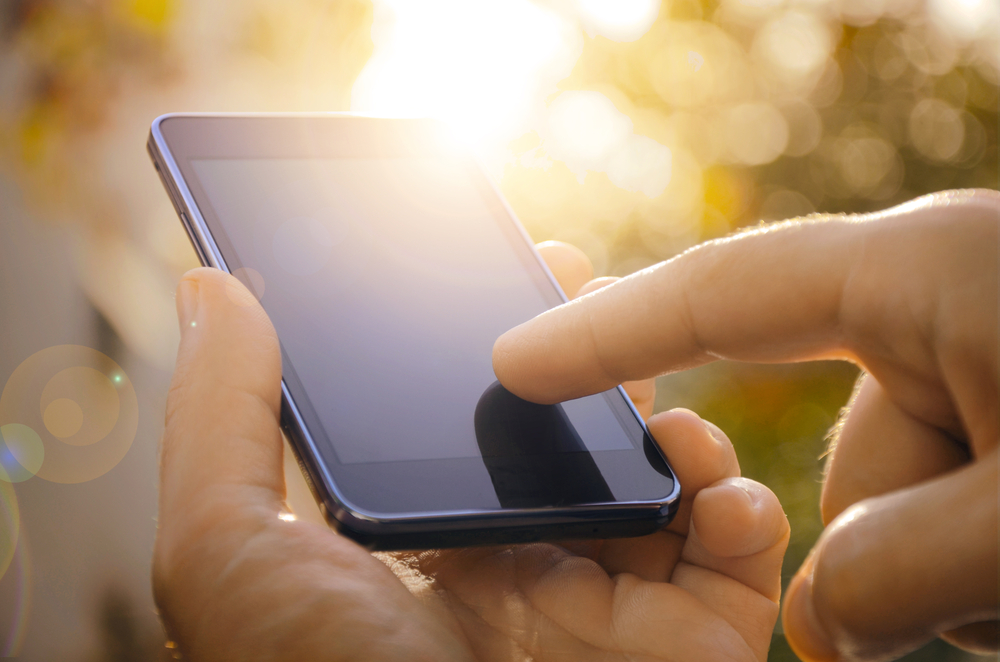Will AI surpass smartphones in five years?
Telecom company Ericsson claims that smartphones will be made obsolete within the next decade


Sign up today and you will receive a free copy of our Future Focus 2025 report - the leading guidance on AI, cybersecurity and other IT challenges as per 700+ senior executives
You are now subscribed
Your newsletter sign-up was successful
In just five years people will no longer communicate via mobile phones, but via rudimentary forms of artificial intelligence like Siri and Cortana, according to Swedish telecoms firm Ericsson.
The finding comes from its Ericsson Consumer Lab report on the '10 hot consumer trends 2016', in which the company theorises about the future of "the screen age" of mobile communication.
"The contradictory demands for power-draining larger screens and a longer battery life, highlight a need for better solutions, such as the use of intelligent assistants to reduce the need to always touch a screen," it stated. "Smartphone users believe AI will take over many common activities, such as searching the net, getting travel guidance and as personal assistants.
"These are areas already being addressed by current generation AI interfaces in smartphones."
Siri, Cortana, and Google Now are the three best known virtual assistants, and all rely on machine learning to get to know their user, and they already perform functions as diverse as booking restaurants, reading emails, and finding directions for people.
Ericsson's study, based on the responses of 6,649 urban iOS and Android users worldwide between the ages of 15 and 69, simply predicts the assistants will become more advanced than the smartphones they are based on.
Though sales of smartphones and tablets surpassed that of PCs in 2011, the report continues, one in two smartphone users surveyed by Ericsson believe that smartphones will become a "thing of the past" within the next five years.
Sign up today and you will receive a free copy of our Future Focus 2025 report - the leading guidance on AI, cybersecurity and other IT challenges as per 700+ senior executives
This is due to issues such as battery capacity, enlarging screens and the rise of wearable technology.
More than 70 per cent of respondents who believed AI assistants would be a good idea said that an artificially intelligent search engine would be useful, while 64 per cent said an AI travel guide and 57 per cent an AI personal assistant.
An AI teacher (44 per cent), AI medical advisor (43 per cent), AI financial advisor (41 per cent) and AI companion (35 per cent) were also suggested.
Other trends acknowledged in the report include the rise of the 'Lifestyle Network Effect' connecting with others via social media, the sharing economy or various electronic devices - natives to streaming media, the development of virtual reality in everyday life, smart homes and smart commuting, the digitisation of emergency services, adoption of health-monitoring technology, a rise in cybersecurity issues, and citizen journalism.
The report added: "As the famous science fiction writer William Gibson noted, the future is already here. However, as we are entering an era of inclusivity unlike anything we have ever seen before, this future seems to be much more evenly distributed than he predicted."
Caroline has been writing about technology for more than a decade, switching between consumer smart home news and reviews and in-depth B2B industry coverage. In addition to her work for IT Pro and Cloud Pro, she has contributed to a number of titles including Expert Reviews, TechRadar, The Week and many more. She is currently the smart home editor across Future Publishing's homes titles.
You can get in touch with Caroline via email at caroline.preece@futurenet.com.
-
 CISOs are keen on agentic AI, but they’re not going all-in yet
CISOs are keen on agentic AI, but they’re not going all-in yetNews Many security leaders face acute talent shortages and are looking to upskill workers
-
 Why Amazon’s ‘go build it’ AI strategy aligns with OpenAI’s big enterprise push
Why Amazon’s ‘go build it’ AI strategy aligns with OpenAI’s big enterprise pushNews OpenAI and Amazon are both vying to offer customers DIY-style AI development services
